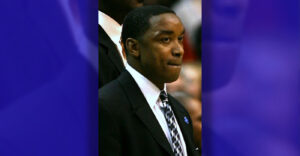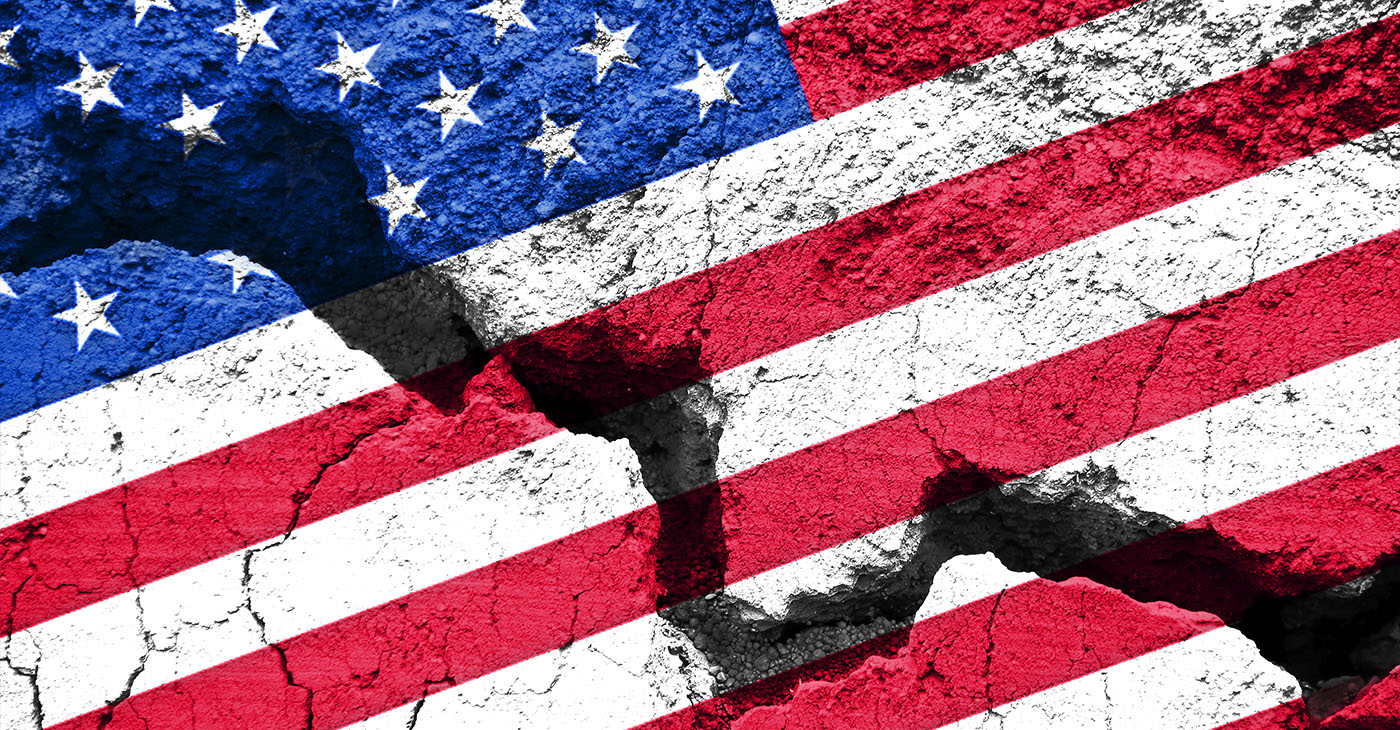By Stacy M. Brown
Black Press USA Senior National Correspondent
The nation trembles, and the numbers do not lie. A new Quinnipiac University national poll reveals that 79 percent of voters believe the United States is in the grip of a political crisis, a judgment cast in the shadow of conservative activist Charlie Kirk’s assassination.
Across partisan lines, the consensus is chilling: 93 percent of Democrats, 84 percent of independents, and even 60 percent of Republicans agree the country is spiraling. “The Kirk assassination lays bare raw, bipartisan concerns about where the country is headed,” said Quinnipiac polling analyst Tim Malloy. Seventy-one percent of voters now call politically motivated violence a “very serious” problem, a sharp rise from just 54 percent in June. The voices of politicians, amplified and sharpened, are seen by 82 percent of respondents as feeding the violence that stalks the streets and corrodes the public square. A majority—58 percent—no longer believe the temperature of political rhetoric can be lowered. Instead, more than half of voters expect political violence to worsen in the coming years. Malloy captured the mood bluntly. “From a perceived assault on freedom of speech to the fragility of the democracy, a shudder of concern and pessimism rattles a broad swath of the electorate,” he insisted. Freedom of speech, once assumed inviolable, now carries the weight of doubt. Fifty-three percent of voters said they are pessimistic about its protection in America. Just six months ago, the numbers were reversed.
The very machinery of democracy is also under suspicion. Fifty-three percent of voters say the system is not working. Democrats and independents share that belief by strong margins, while Republicans—mirroring their president’s claims—remain largely convinced it functions. President Donald Trump’s approval rating stands at 38 percent, with 54 percent disapproving. Disapproval is strong on nearly every front—foreign policy, the economy, immigration, and gun violence. Meanwhile, Robert F. Kennedy Jr., the Secretary of Health and Human Services, fares little better: 54 percent of voters disapprove of his performance, and nearly six in ten say they have little or no confidence in the medical information he provides. The crisis extends beyond politics. Asked about the economy, 53 percent of voters pointed to the price of food and consumer goods as their greatest worry, while another 28 percent named housing costs. And when it comes to the fate of those convicted of murder, 55 percent favor life in prison without parole over the death penalty.
Gun violence, foreign conflicts, and the direction of democracy itself weigh heavily. Eighty-three percent of voters believe political leaders are more interested in blaming others than finding solutions. The Quinnipiac poll surveyed 1,276 registered voters nationwide from September 18–21, with a margin of error of plus or minus 3.3 percentage points. “Nearly 80 percent of registered voters feel they are witnessing a political crisis, seven in ten say political violence is a very serious problem, and a majority say this discord won’t go away anytime soon,” Malloy noted.







